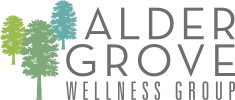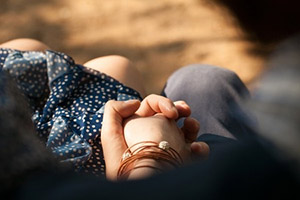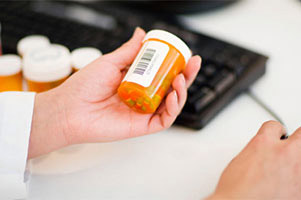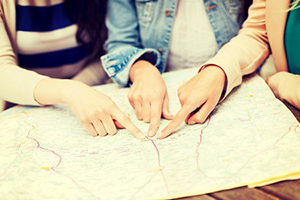Melissa Foote, BCBA
Board Certified Behavior Analyst
Bio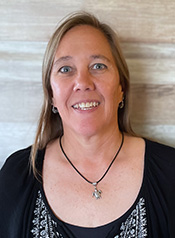
Melissa received a Bachelor of Science in Social Sciences from Florida State University and Master of Education in Applied Behavior Analysis from Arizona State University.
She has been working in the ABA field since 2012 with a concentration in autism spectrum disorder and other developmental disabilities. She also worked with Early Intervention (ages 18 months to 3 years) and additionally provided direct services for those aged 4 years to 44 years to improve social skills, independent living skills and functional communication.
At Alder Grove she will offer assessments such as ADOS (to assist in diagnosing Autism Spectrum Disorder), functional assessments for behavioral issues, skills assessments for independent living skills, and preference assessments for social skills. She also offers Parent/Caregiver training and family support for behavioral, communication, and social development.
Future endeavors will focus on inclusion, acceptance, and social involvement for the adult community with disabilities through ARC of Southwest Colorado, Special Olympics, Adaptive Sports, and Community Connections.
Assessments
ADOS-2 (Autism Diagnostic Observation Schedule) in-person assessment to assist in diagnosing ASD. This is done in person after a caregiver interview is completed and an ABAS-3 assessment to determine communication levels and behaviors that are of concern. Interview and ABAS-3 can be done in person or via telehealth. The in-person assessment is an observation of social, communication, and other skills.
The ADOS-2 is for age ranges 12 months to 80 years. Both age and expressive language are taken into consideration when determining the module needed.
ABAS-3 (Adaptive Behavior Assessment System) in-person or telehealth interview type assessment to determine adaptive skills in those diagnosed with ASD, developmental delays, intellectual and other learning disabilities. Adaptive skills are needed to care for oneself, respond to others, and meet environmental demands at home, work, school or in the community effectively and independently. The ABAS-3 helps to determine strengths and limitations to plan and put in place programming to assist with challenges.
The ABAS-3 is for ages up to 89 years of age and can be completed by caregivers, teachers, or self-rated.
ABLLS-R (Assessment of Basic Language and Learning Skills) in-person assessment of basic skills of those children diagnosed with ASD or other developmental disabilities. Helps determine programming and shows progress of all basic skills including language, social interaction, self-help, academic and motor skills.
The ABLLS-R is for ages birth to 12 years.
VB-MAPP (Verbal Behavior Milestones Assessment and Placement Program) in-person assessment of language and social skills for children with ASD or other intellectual disabilities. Assists in the development of IEPs, intervention plans, and targeting the right skills at the right time for each learner.
The VB-MAPP is for ages up to 2 years old or those with language skills below that of a typically developing 4-year-old.
QABF (Questions About Behavior Function) in-person or via telehealth to help understand the function driving behaviors such as attention, escape, access, or non-social.
QABF is for all age groups with developmental disabilities.
Support
Behavioral support for parents and families through telehealth or in-person to assist with maintaining consistency in ABA protocols. Behavioral supports can also be used to reduce socially unacceptable behaviors and increase socially acceptable behaviors.
Social Skills support for individuals or families in person or via telehealth to help learn or maintain socially acceptable behaviors such as personal space, appropriate greetings, appropriate conversations, and personal safety.
Independent Living Skills support for individuals or families in person or via telehealth to help assess skill levels and teach skills in a way that can be learned and maintained. This allows for independence with basic tasks in the home or community. Examples are cooking, laundry, cleaning, bathing, taking the bus, grocery shopping, and attending community events.
